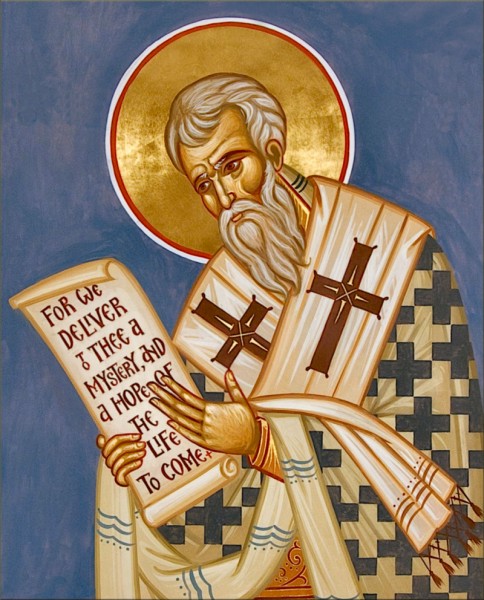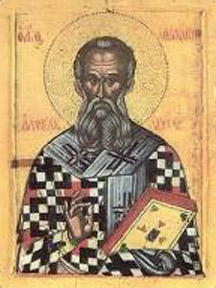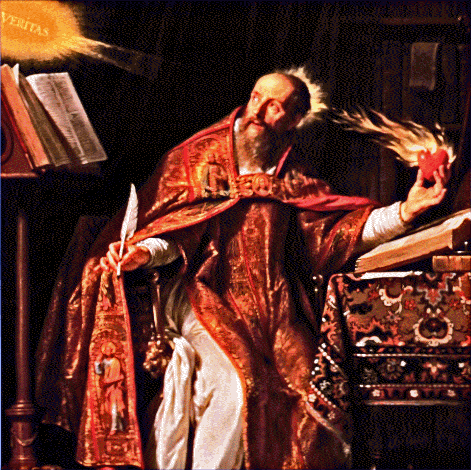Christ suffered for you and left you an example, to have you follow in his footsteps. In his own body he brought your sins to the cross, so that all of us, dead to sin, could live in accordance with God's will. By his wounds you were healed.
1 Peter 2:21, 24 (Office of Vespers)
As the firstborn among many, Christ suffered his passion and death are not merely an example for us to follow, an inspiration or exhortation, but an act by which he took on all human suffering. In the infinite depths of God's suffering, all human suffering becomes a participation, a share of inheritance through adoption as sons through Jesus Christ so that we might have a share in his glory. Our suffering is then never wholly our own, but an invitation for deeper union with God when his fear and pain frees us from our own.
Chorale:
Erkenne mich, mein Hüter, mein Hirte, nimm mich an!
Know me, my keeper, my Shepherd, take me to thee!
Von dir, Quell aller Güter, ist mir viel Gut's getan.
By thee, Source of all good things, hath much good befallen me.
Dein Mund hat mich gelabet mit Milch und süßer Kost.
Thy mouth hath refreshed me with milk and sweetmeats.
Dein Geist hat mich begabet mit mancher Himmelslust.
Thy spirit hath favored me with many a heavenly longing.
Ich will hier bei dir stehen; verachte mich doch nicht!
I would here stand beside thee; do not then scorn me!
Von dir will ich nicht gehen, wenn dir dein Herze bricht;
From thee I would not depart even if thy heart is breaking;
Wenn dein Herz wird erblaßen im letzten Todesstoß,
When thy heart shall turn pale in the last pang of death,
Alsdann will ich dich faßen in meinen Arm und Schoß.
Even then I would enfold thee in my arms and lap.
O Haupt voll Blut und Wunden, voll Schmerz und voller Hohn!
O Head, full of blood and wounds, full of sorrow and full of scorn!
O Haupt, zum Spott gebunden mit einer Dornenkron!
O Head, for mockery bound with a crown of thorns!
O Haupt, sonst schön gezieret mit höchster Ehr' und Zier,
O Head, once beautifully adorned with the highest honor and renown,
Jetzt aber höchst schimpfieret: gegrüßet sei'st du mir!
But now most abused: hailed be thou by me!
Du edles Angesichte, davor sonst schrickt und scheut
Thou noble countenance, before which shrinks and shies
Das große Weltgewichte, wie bist du so bespeit!
The great weight of the world, how thou art spat upon!
Wie bist du so erbleichet! Wer hat dein Augenlicht,
How thou art turned so pallid! Who has thine eyes,
Dem sonst kein Licht nicht gleichet, so schändlich zugericht't?
Them to which no light is equal, so shamefully abused?
Wenn ich einmal soll scheiden, so scheide nicht von mir;
When once I must depart, then do not depart from me;
Wenn ich den Tod soll leiden, so tritt du dann herfür!
When I my death must suffer, then stand thou beside me!
Wenn mir am allerbängsten wird um das Herze sein,
When most filled with fear my heart will be,
So reiß mich aus den Ängsten Kraft deiner Angst und Pein!
Then pluck me from the terrors of fear and pain by thy strength!





























